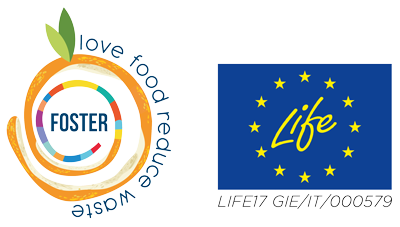Through the LIFE FOSTER project, the aim is to have the following impacts:
Development of a qualified and transferable food waste prevention model to encourage the adoption of sustainable practices in the restaurant industry through training, a simple, sustainable and replicable way.
Directly: 5.1% minimum of reduction in the training centres involved.
Indirectly: In the companies involved (through traineeships, seminars etc.)
Increased awareness on food waste and the adoption of sustainable behaviour, will bring to an environmental and economic impact on the people reached:
70 training VET centres
7.000 students
500 trainers
200 policy-makers
3.600 companies
10.000 professionals


